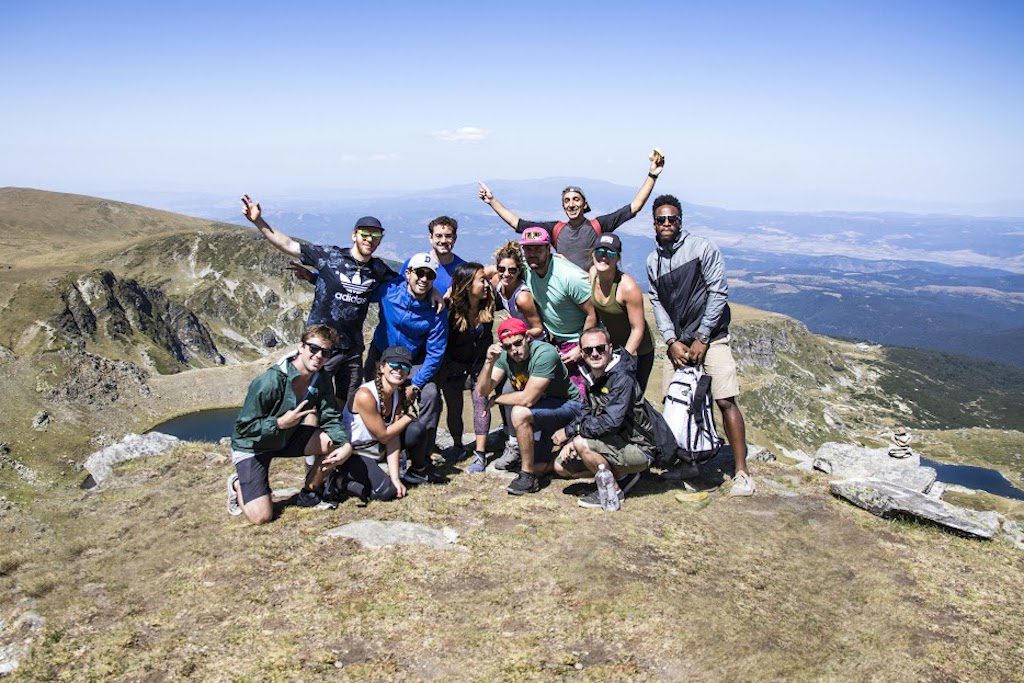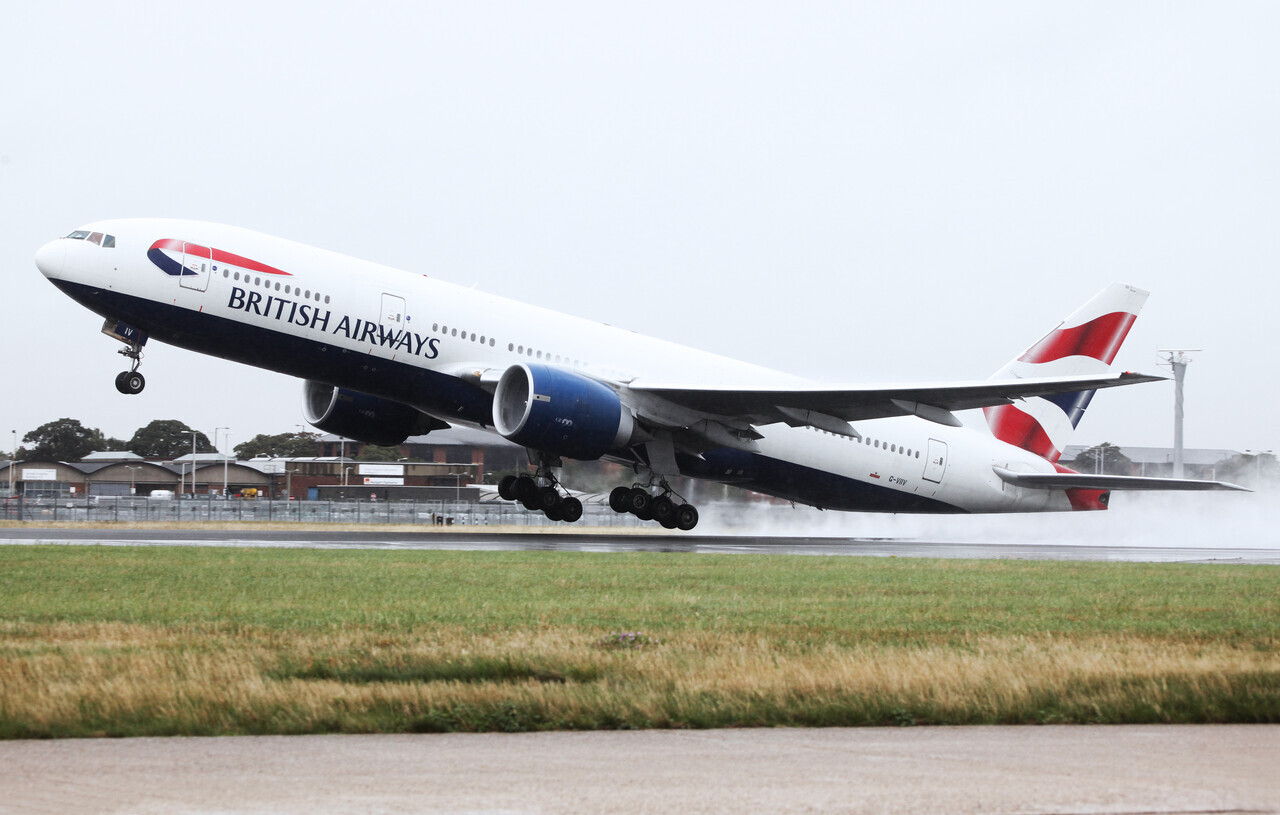3 Big Takeaways From Skift Business Travel and Future of Work Summit

Skift Take
The Skift Live Business Travel and Future of Work Summit was a timely affair, hitting the one-year mark of the pandemic. In March 2020, putting the "future of work" into a conference agenda may have seemed irrelevant, but Wednesday’s virtual event placed a spotlight on just how pivotal it is to the wider travel industry, and especially hotels.
Travel managers are sliding into other parts of their organizations, some more willingly than others. There’s more interaction with human resources and real estate teams, as they take stock of post-pandemic working habits.
On the flip side, it’s a wake-up call to hotels and travel management companies, which will need to meet these new requirements from corporates, and equally step up to help them redefine the future of corporate travel.
Here's three big takeaways that emerged from the summit.
The Emergence of the Culture Budget
Billions of dollars were saved by companies last year, due to the fact their employees weren’t traveling. At Microsoft alone, global travel director Eric Bailey said this equated to $100 million a month.
In 2021, more savings are ahead as offices are phased out. Where does that money go?
One area should be a culture budget, reckons Rafael Museri, Selina’s CEO and co-founder. He thinks remote workforces will need more attention in the future to keep the team spirit, and productivity, alive.
Companies reducing the size of their offices need to reinvest some of those savings into this new budget, which includes meetings and events, where people can continue offline relationships, he argued during the How Hospitality Will Evolve to Meet the Future of Work panel.
Is it an antidote to the loneliness and depression that many will have faced over the past year? Is Selina tapping into this emotional deficit, asked moderator Skift president Carolyn Kremlins.
"We look at the percentage of friendships made," Museri said. "The best commercial strategy is to be the best place to socialize. Selina is a content and progaming driven brand, to deliver those experiences that will increase the chance of social experience to take place."
Does friendship measurement take place in the business world? It has to, Museri replied.
Microsoft's Bailey later agreed: "I see a lot of value for hotels, they're going to be in that central location, creating that atmosphere that's going to help people be more productive."
Facebook made a business out of “friends.” Why not hospitality?
Travel Agencies Will Bounce Back Stronger
Wednesday’s event saw leaders of some of the biggest agencies share their views on what’s ahead.
Egencia, part of Expedia, reinforced the idea that the crisis in fact shook up many companies without a managed travel program, so they're now deciding to use an agency.
“We’ve had a great year for customer wins,” Ariane Gorin, group president at Expedia Business Services, said during the Rebuilding Trust and Tracking Growth as the Industry Recovers panel.
Then there are those companies deciding they needed bigger agencies to consolidate their data into one place, or ensure the had wider coverage, rather than rely on multiple smaller agencies, she told moderator Dennis Schaal, Skift's founding editor and executive Editor.
Human resource consulting firm Randstad was one of those customers taking the consolidation path.
Gorin echoed an earlier standpoint from American Express Global Business Travel's CEO.
“Last year was a record year for us, as we signed over $3 billion in new business, including some of the largest technology companies in the world,” Paul Abbott said during the How Will TMCs Rebound and Adapt to Business Travel’s New Needs panel.
There's Enormous Pressure on Vaccines, and Digital Health Passports, to Deliver
Vaccines are dominating the headlines, particularly in relation to new proposals from the European Union, but one of the leaders in the digital health passport space has warned it's going to be a while before large parts of the world agree to use them.
“If you put yourself in a government policymaker’s shoes, clearly they want to open up, they want travelers,” said Paul Meyer, CEO of the Commons Project Foundation, which is behind the CommonPass. “But they need to protect their people and the health of their population. Ministers of health are looking at prevalence rates, and emerging variants. If they can’t trust the data, it’s harder to implement that policy.”
But he told moderator Ned Russell, Skift's airline reporter, that with Aruba now fully accepting CommonPass, and moving out of a trial phase, a significant milestone had been reached.
Speaking during the Finding a Path to Safety and Better Standards for Digital Credentials panel, he added that he was talking to groups of countries in East Africa, as well as the European Union, and was engaging with individual nations including Japan and the UK.
These passports are an important first step, said Suzanne Neufang, the new CEO of the Global Business Travel Association. A recent poll carried out by the association revealed 85 percent of travel buyers were comfortable getting back to travel once vaccinated,
"We believe that is the way to get business back on the road again," she said, during the What a Decentralized Future of Work Means for Travel panel.
A live poll during the summit showed that 45 percent of attendees anticipated using a health passport in the third quarter of this year.
Neufang said she is revisiting the association's forecast this summer to see if there are any changes from its earlier study anticipating a return to pre-pandemic levels by 2025.






